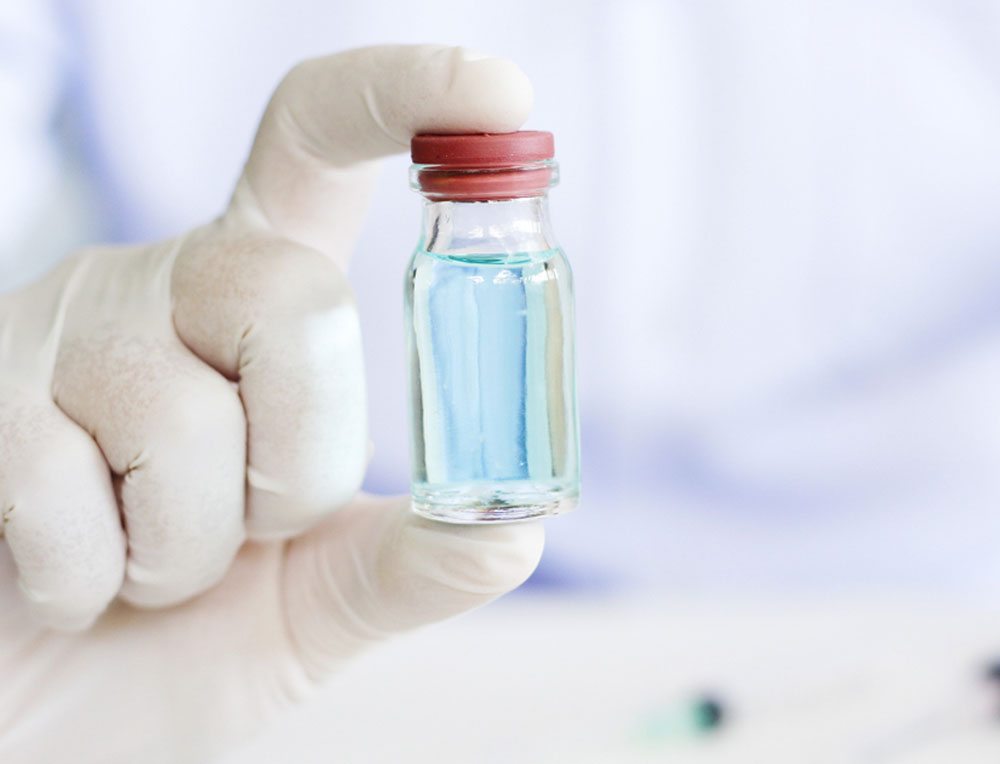Drug regulators have ordered scrutiny of oral polio vaccine samples from all domestic suppliers amid investigations into how one company released an OPV containing type-2 poliovirus withdrawn globally in 2016 because it carries more risk than benefit.
Drug inspectors will test samples from five OPV suppliers, a senior health ministry official said. The move, he said, was considered necessary in the absence of quick clarity over how the Ghaziabad-based company, Biomed, had released trivalent OPV containing type-1, type-2 and type-3 polioviruses.
India, in line with World Health Organisation (WHO) guidance, had ordered withdrawal and destruction of all trivalent stocks by April 2016. All OPVs since then are expected to be bivalent, containing type-1 and type-2 viruses.
“We still don’t know whether type-2 virus contamination in Biomed’s vaccines was intentional or unintentional,” a senior official familiar with the investigation told The Telegraph on Tuesday.
The company’s MD, who is in custody, has claimed he cannot explain how type-2 virus got into the vaccines and four company officials are absconding, the official said.
Polio eradication efforts had eliminated the type-2 wild poliovirus by 1999. The presence of type-2 virus in trivalent OPV continued to cause rare outbreaks of vaccine-derived polio, prompting the global switch to bivalent vaccines in 2016. The breach by Biomed is considered serious because it reintroduces into the community a vaccine eradicated in 1999.
The National Institute of Virology, Pune, is the only lab in India at present authorised to maintain stocks of wild and vaccine strains of type-2 poliovirus. The NIV is among about 50 such designated “poliovirus essential facilities” in about 20 countries worldwide with type-2 poliovirus.
The health official, who asked not to be named, said the government would also seek information from an Indonesian company that provides vaccine suppliers in India raw material — seed stocks of vaccine virus — to make OPV.
But T. Jacob John, a top expert on polio and medical virology and emeritus professor at the Christian Medical College, Vellore, said the Indonesian company was the “least likely explanation”.
“I’m speculating here, but the explanation should come from Biomed — it is possible they did not destroy stocks containing type-2 and decided to label it as bivalent and release it — either mistakenly or with profit motives,” John said.
“But without a full investigation, one cannot rule out malicious and intentional introduction,” said John, who had during 2002-03 led a government investigation into what was suspected to be malicious introduction of wild type-2 poliovirus into OPV vaccines made by another domestic OPV supplier.
The malicious introduction was discovered when routine surveillance found that seven children who had received the OPV vaccine made by that company between December 2002 and February 2003 developed paralysis.
The 2002-03 investigation had revealed that the OPV stock which should have contained only vaccine versions of type-1, type-2 and type-3 polioviruses, also contained a unique wild type-2 virus strain called MEF-1, John said.
Scientists at the Enterovirus Research Centre in Mumbai had warned in the Indian Journal of Medical Research in December 2003 that the 2002-03 episode “highlights the urgent need for stringent containment” of poliovirus materials in laboratories across the country.











